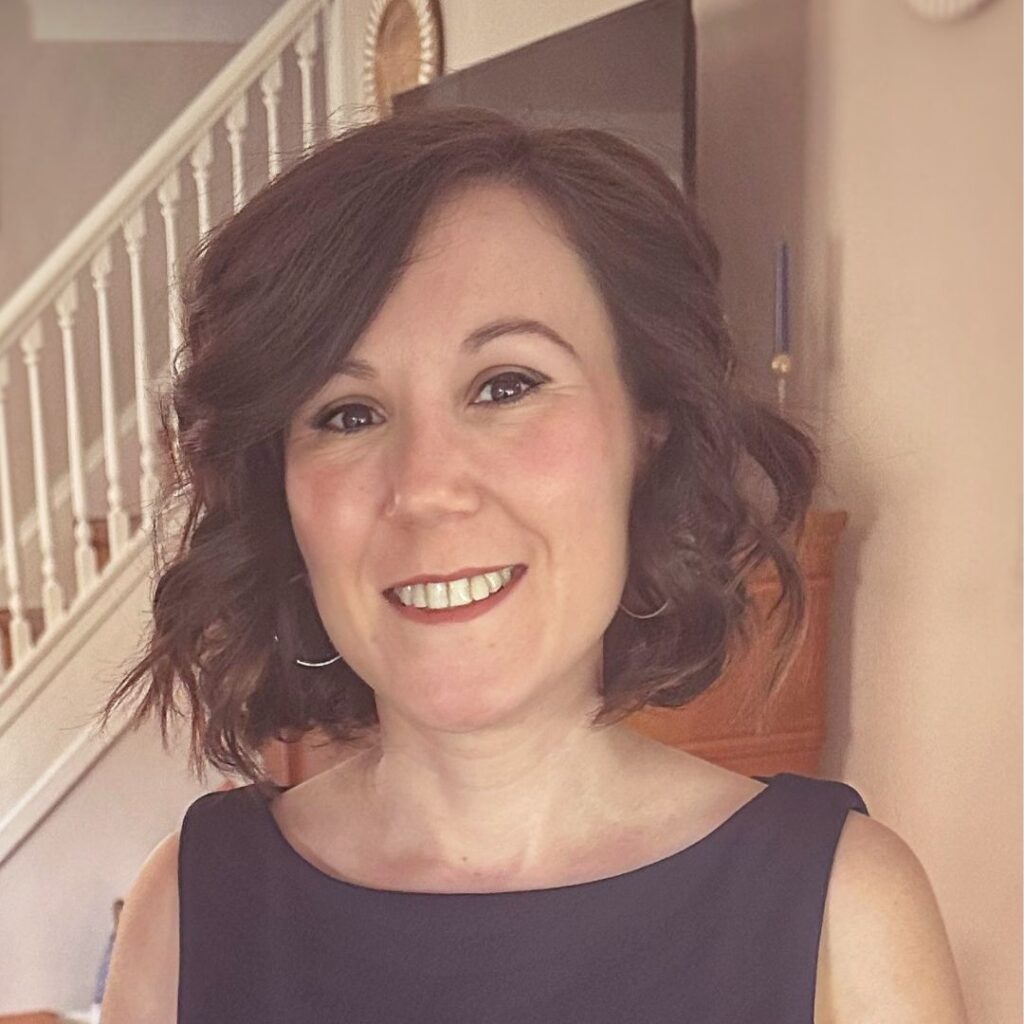Describe your life prior to diagnosis.
Growing up in an Italian-American family we ate pasta, bread, and pastries just about every day. Gathering around the table for family dinner has always held significant importance in my family. Some of my most fond memories were spending time exploring new cuisines.
From my early years into adulthood I experienced occasional stomach pain after eating but always thought, “This is normal and everyone has periodic stomach pain.” Additionally, I’ve lived with low energy levels my whole life and I love napping! So when the diagnosis of celiac disease came I admit I wasn’t very surprised.
How did you find out that you had celiac disease? Did you suspect it beforehand?
It wasn’t until my mid-thirties when I began grappling with mysterious symptoms, dizziness, weakness, and stomach pain for over two years, visiting a multitude of doctors yielding inconclusive results, until one insightful physician suggested testing for celiac disease.
How long did it take for you to get diagnosed since your first symptoms and what (if any) challenges did you face along the way?
Six years ago I began to experience intense fatigue, which my doctor found to be an iron deficiency. I began taking iron and felt better for a few years until two years ago when I began to have intense bouts of unexplained vertigo. One year later, after months of testing and being plagued with severe stomach pain, I was diagnosed with celiac.
Having an undiagnosed autoimmune disease can present many challenges to everyday life. For me, being lethargic and dizzy made working and attending family and friend events very difficult.
Do you believe anything could have sped up your diagnosis? If so, please explain:
My primary physician exploring more options when I explained I was tired. We found that my iron was low, however, even after taking iron supplements I still experienced fatigue. At this point, they should have continued to explore more options.
Describe your experience living with celiac disease:
Being diagnosed with celiac disease shifted how I perceived my health and my approach to everyday life. There have been many moments of frustration and the desire for the convenience of dining out without worry. Reading food product labels and meal prepping have become a daily undertaking. And occasionally when I find myself glutened, a 48-hour pause on life for rest and recovery is what helps the most.
Though celiac disease can be complicated and difficult, for me it’s been about turning those challenges into opportunities for growth and positivity. I’m inspired to find new recipes of traditionally gluten-free baked goods from around the world. I’ve also become encouraged to spread awareness, advocate, and support others navigating their gluten-free journey.
What would a cure mean for you?
Having a cure for celiac disease would mean less food insecurities for those who struggle financially due to the high prices of gluten-free food products. It also could lead to a healthier life and potentially eliminate the threat of cancer and other diseases that are associated with celiac disease.




